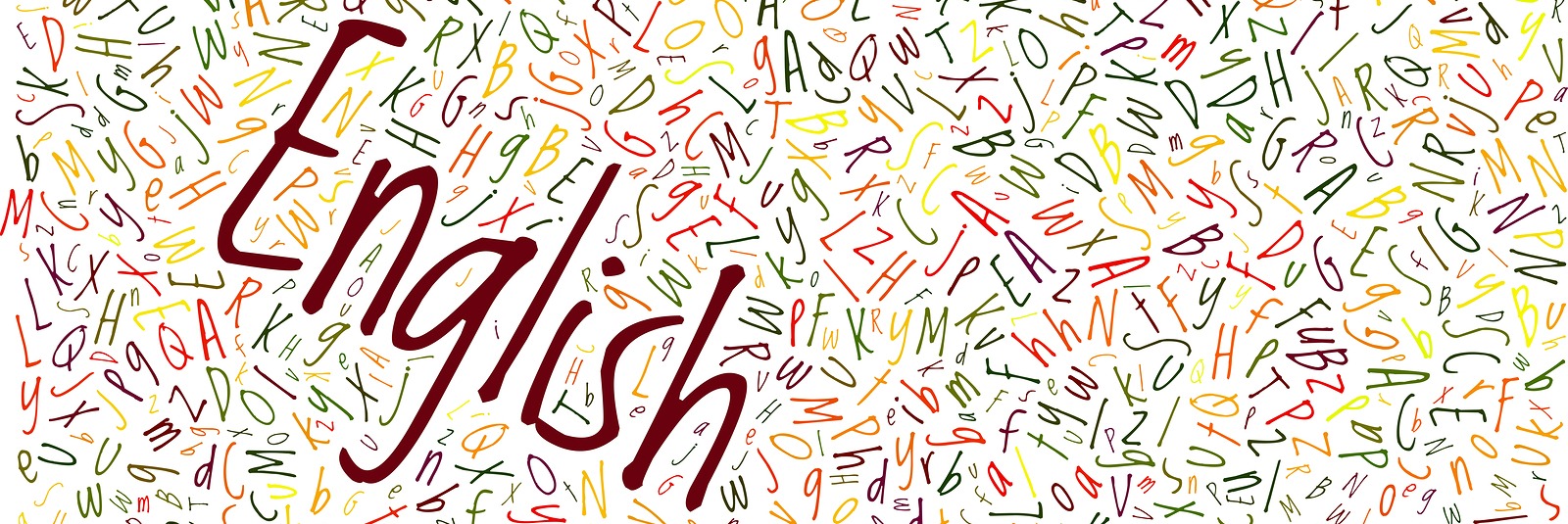-ise, -ize or -yse?
Getting it right

US style uses -ize and -yze.
UK style uses -ize or -ise and -yse.
Yes, in British-English you generally have a choice over the -ise/-ize spelling (and following from that, -ising/-izing, -ised/-ized, -isation/-ization). Incidentally, the -ize version isn’t an Americanism: it has been in use in the UK since the fifteenth century and the -ise variant wasn’t introduced until the eighteenth century.
If you are following a house style you don’t even have to think of which to use; if you are self-publishing, then you can choose whichever you prefer. Once you have chosen, be consistent (i.e. use throughout the z spelling or the s spelling).
Note, though, that there are a few words that cannot take the z spelling (this is because it is part of the word rather than an ending to a separate word). This is the case for US and British spelling. The words that always have the s spelling are:
- advertise
- advise
- apprise
- chastise
- comprise
- compromise
- despise
- devise
- disguise
- excise
- exercise
- improvise
- incise
- prise (“open”)
- promise
- revise
- supervise
- surmise
- surprise
- televise
In British English there are some verbs that always end in -yse, whether or not you have chosen the z spelling, but they are spelled -yze in US spelling. There aren’t many, so it’s not as complicated as it sounds – just remember that there is no -yze variant in British English but US English always uses them. The words are:
- analyse
- breathalyse
- catalyse
- dialyse
- electrolyse
- hydrolyse
- paralyse
- psychoanalyse
Make a choice, be consistent, and note the exceptions.
